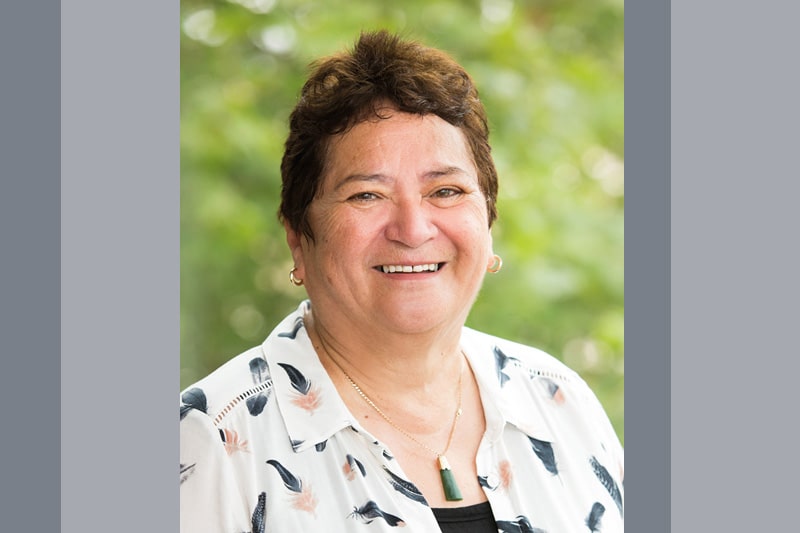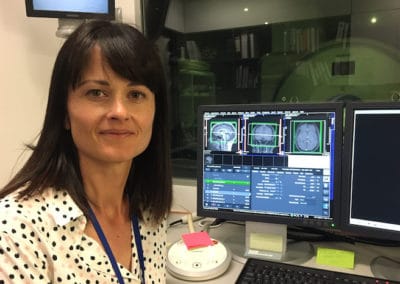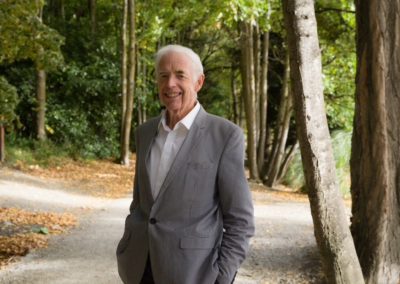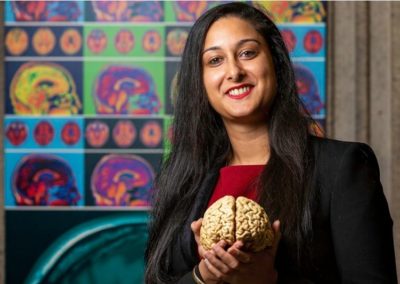In a world first, Dr Makarena (Margaret) Dudley has described Māori understandings and experiences of the ageing brain and dementia. Her research highlights the importance of cultural identity, oranga wairua (spiritual wellbeing) and whānau support for caring for kaumātua living with dementia or mate wareware – the preferred term for ‘dementia’ which was identified in the research.
Currently, the number of Māori living with dementia is unknown – there are only estimates. However, in a small study in South Auckland, Māori werediagnosed with the condition at an average of 8 years younger than Pākehā. There is also very little known about the Māori experience of dementia. In New Zealand, most research on the condition has been conducted from a Western viewpoint – something that Makarena is determined to change.
In a study recently published in the New Zealand Medical Journal, Makarena and other researchers from the Universities of Auckland, Waikato and AUT, and Auckland DHB held hui around the country, interviewed 223 kaumātua and 8 whānau to learn about their understanding and experiences of living with mate wareware.
The researchers identified oranga wairua (spiritual wellbeing) of the whole whānau as a central element when it comes to understanding and helping those affected by dementia, including their whānau and community. One aspect is the positive impact of staying engaged in cultural activities, such as karakia, whaikōrero or karanga. Makarena says, “Many of the narratives we heard were about how participation in cultural activities, especially on the marae, seemed to really help people with dementia and lifted what they called the ‘cloudiness of dementia’.”
The study found that not everyone saw mate wareware as an illness, or in a negative light: “There were a number of people who said it was a spiritual journey and we must respect it and treat it as such.” However, many kaumātua thought of mate wareware as a horrible disease that gradually stripped a person of their ability to function independently and thus their dignity.
It also recognized whānau as crucial for the care of kaumātua living with mate wareware. Love, compassion, kindness and generosity are traditional attributes practiced by Māori when involved in caregiving, Makarena explains, so whānau were more likely to keep the person at home rather than place them in a nursing home. She therefore points out that Māori whānau require more funding, and that “dementia services need to be able to address the oranga wairua of the person and the whānau.”
The study concludes that care services needed to be culturally appropriate, with cultural identity a key component of management and treatment of mate wareware. Makarena adds, “Wairua is an essential component for the wellbeing of a person and their whānau in living with dementia. Given that dementia is a growing problem in our ageing population, we want to make sure that care pathways and dementia services are culturally appropriate and meet the needs of Māori.”
This research has informed the development of a tool designed to accurately detect mate wareware in Māori. The hope is that when working with Māori the new tool will replace existing diagnostic tools that have been imported from overseas.
In response to the call from kaumātua for more information about mate wareware to be easily accessible, Makarena and her colleagues are working on a phone app designed for this purpose. It will empower whānau by including information on lifestyle choices and behaviours that can help in the fight against the onset of the disease.
Further research is required to unveil the prevalence of the disease in Māori and the cost of the burden of mate wareware on whānau.



